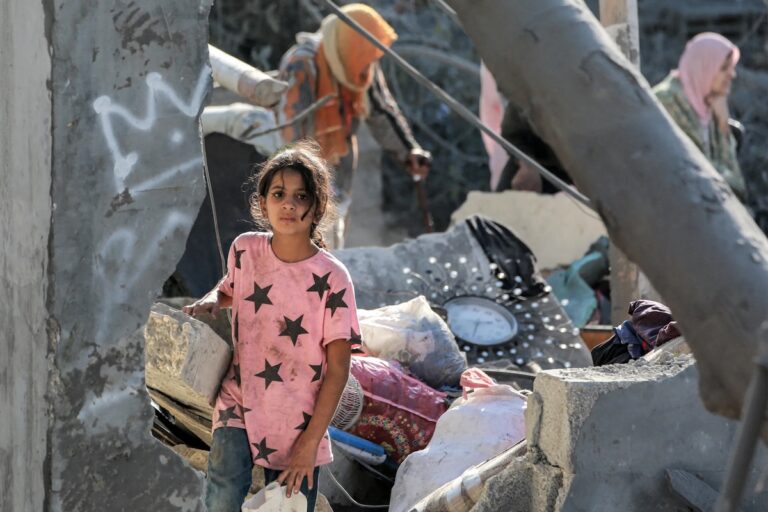By Kerul Dyer
What some call, “the breaking of the world,” the retaliatory attacks by Israel after the October 7 Hamas rebellion have left a bloody trail in Gaza, now expanded to the Israeli Occupied West Bank, Lebanon and now a direct conflict with Iran.
The upswell in resistance against the war cannot be overstated. In the US alone, thousands of students who had never participated in public protest have organized sustained occupations of common areas on their campuses, facing expulsion, violence from law enforcement, and other penalties. Mass rallies in major US cities and smaller towns have disrupted “business as usual” in many ways – in an attempt to pressure US leadership to demand a ceasefire. Our elected members of Congress have taken action also, in calling for greater oversight on which weapons should be supplied to Israel.
Now, as Iran pummels Israel with hundreds of long range ballistic missiles and heated words have been heard at the highest levels of the United Nations between warring nations – with tit for tat retaliatory threats between nuclear powers. The danger of recent escalations has reached a new precipice. Add into the mix the common feeling of trepidation around the world, citing concerns of heightened political violence surrounding the US Presidential election, we have a pending global catastrophe.
Life is short, especially if you live in the path of bombardment. More than 41,000 people, many of whom were women and children, have been killed in Gaza alone. That estimate is known to represent a small fraction of those who have lost life and limb because of the devastation. Now, with an Israeli ground war in the Occupied West Bank and heavy bombardment of communities in Southern Lebanon, experts estimate more than 3 million civilians are displaced by the violence. And, while Hezbollah and Hamas have fired rockets and delivered some limited attacks that penetrated the US-supplied “Iron Dome” (that protects Israeli airspace) the negotiations to release hostages are at a standstill, and the conflict remains extremely lopsided.
What we do, as citizens of the US, matters, or so we are told. But even with huge numbers of our citizenry pleading for the Biden Administration to apply US influence to negotiate a ceasefire, and while they claim to be doing just that, continual pressure must be brought to bear. And, with members of Congress urging more oversight in our unfettered supply of weapons, nothing has worked so far.
What people do now, and in the coming months could make a profound difference. It’s past time to unravel the confusion around the policies, including the ongoing occupation of Palestine, that has led to this war. As people of conscience we can – and need – to speak out about the atrocities and press for a resolution before the conflict spins completely out of control. As US tax payers, we may be complicit as our tax dollars supply many of the weapons being used to commit the atrocities.
Take Action: A Call for Diplomacy & Humanity Amid Escalating Middle East Violence


